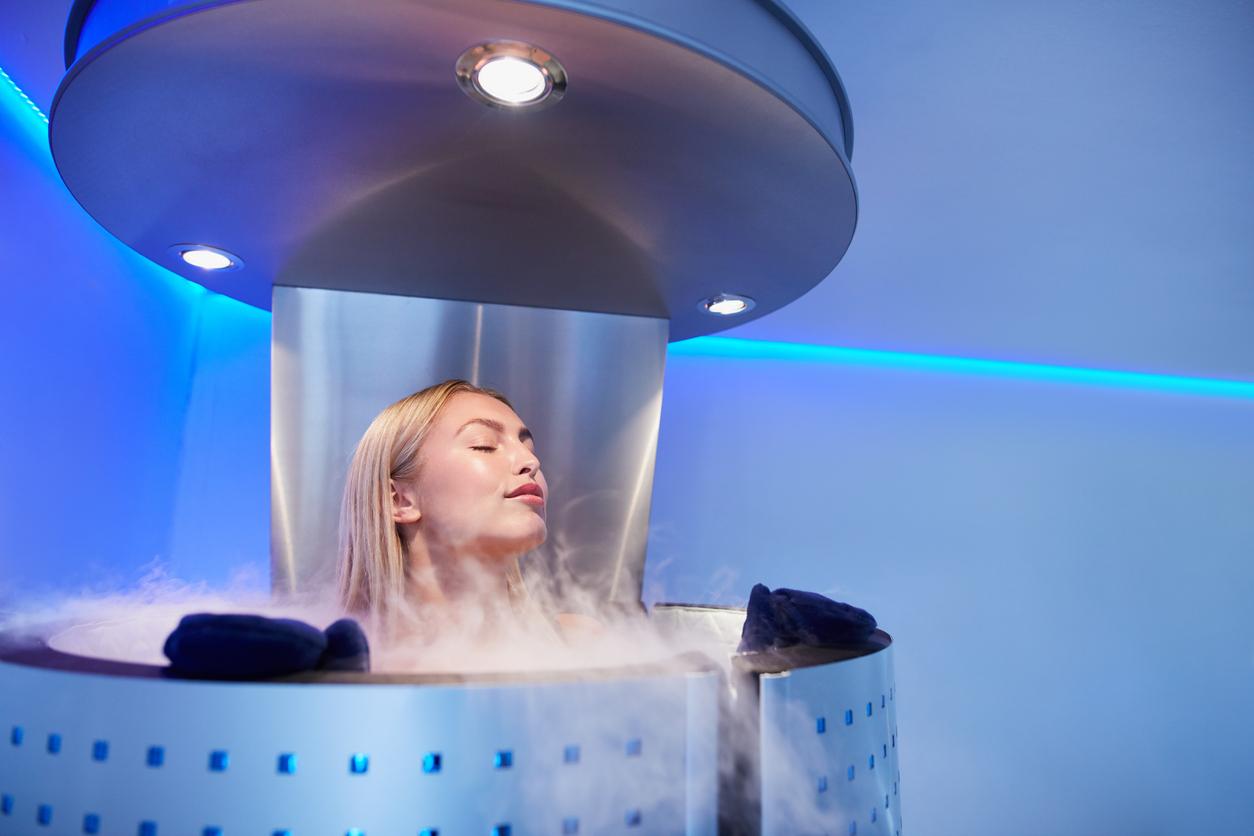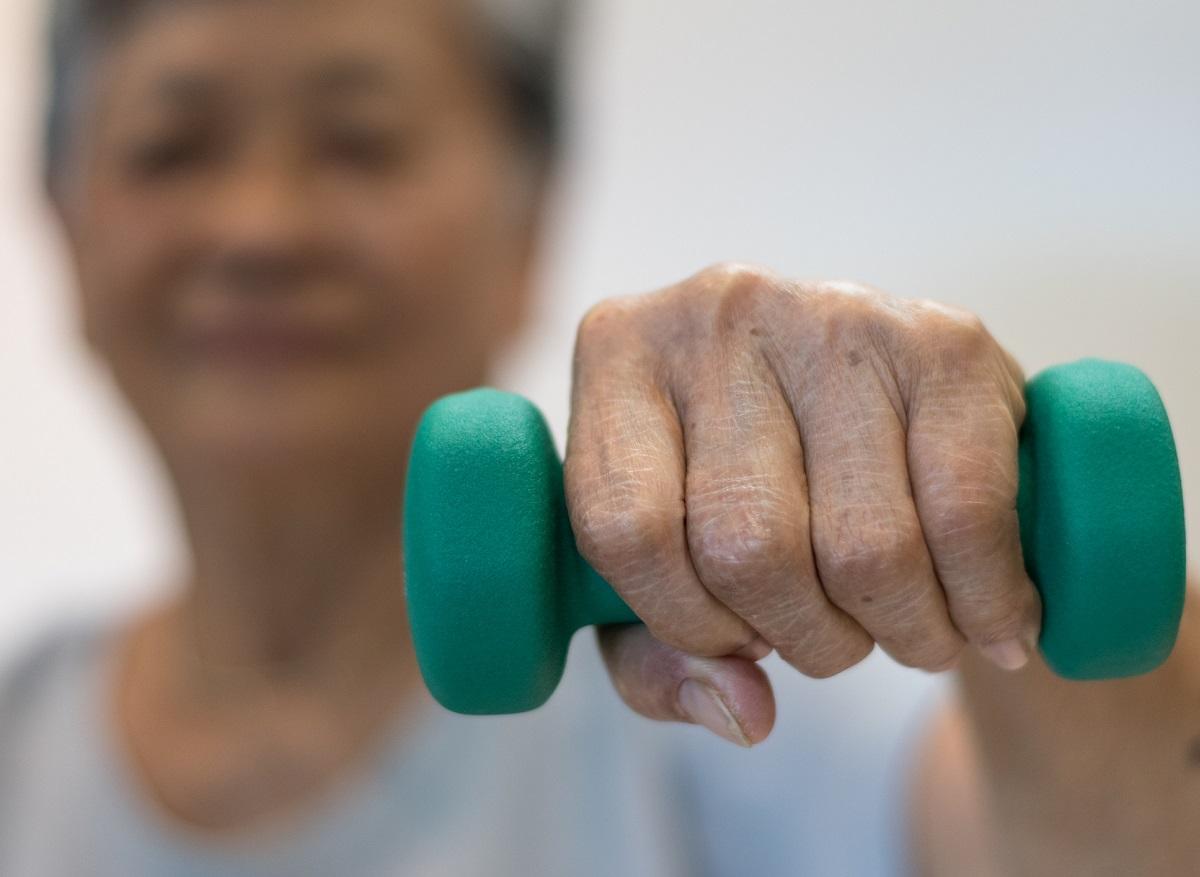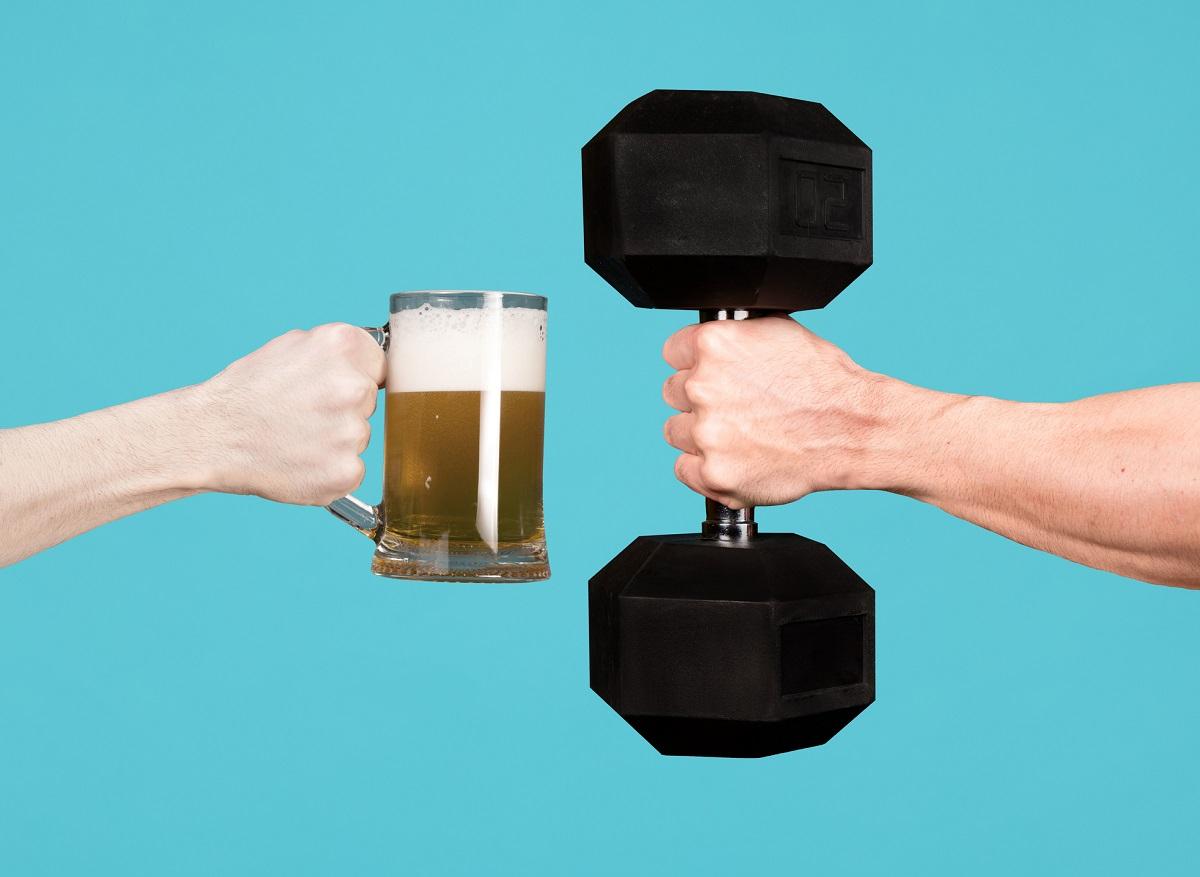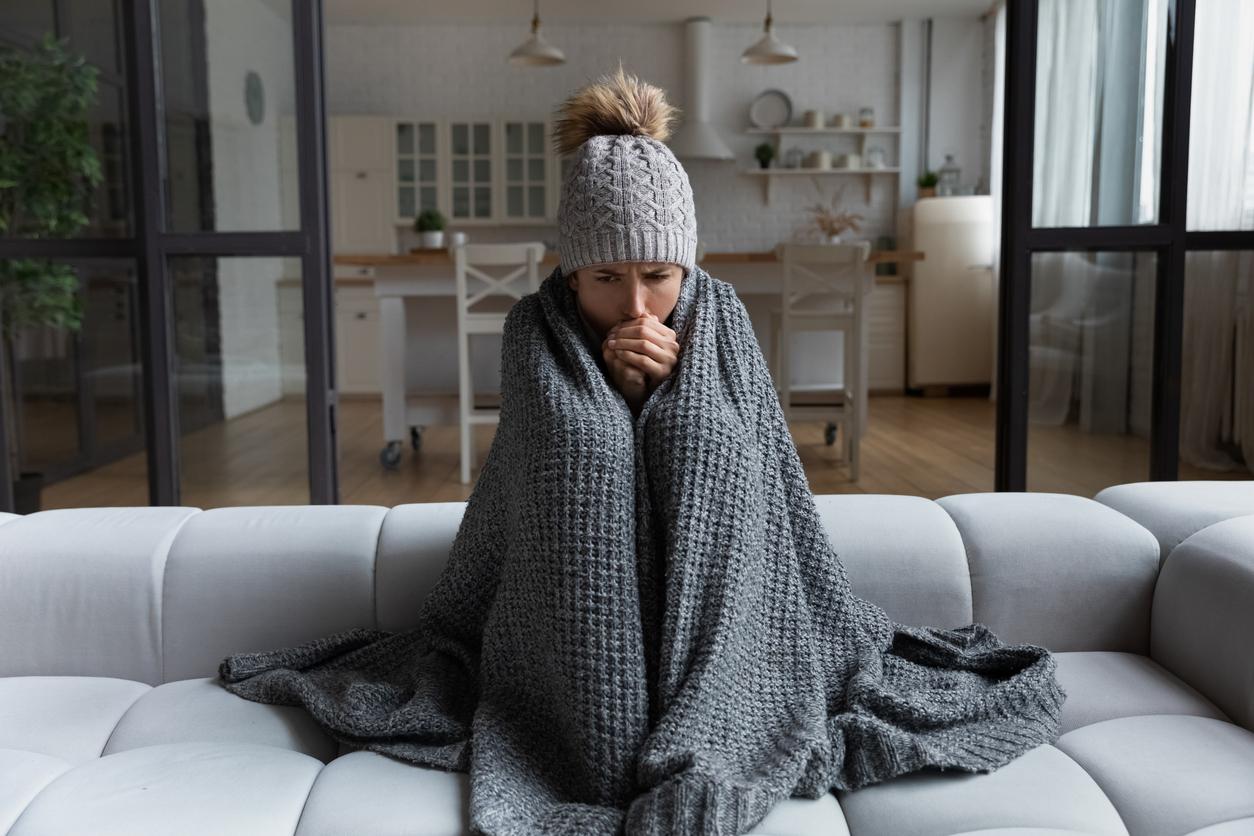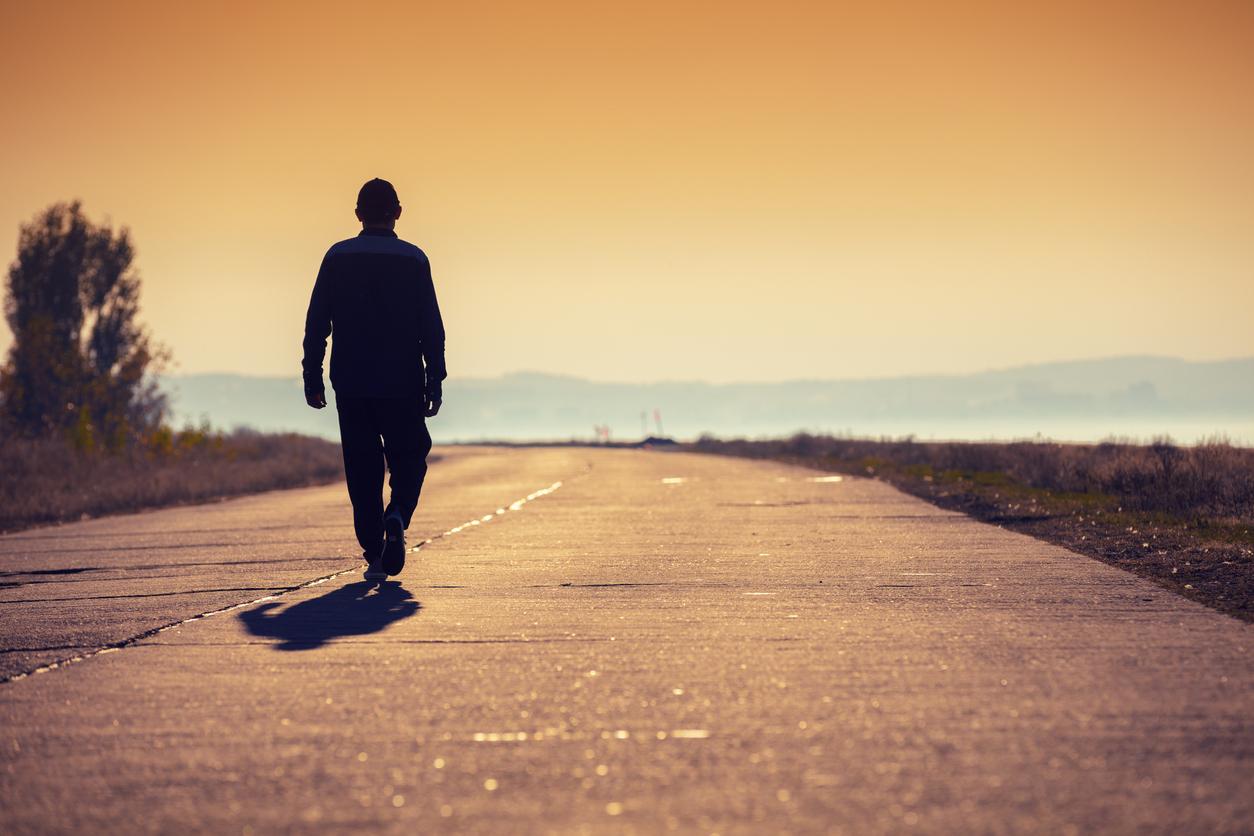Popular on social networks, are ice baths really useful for reducing pain after physical exercise?
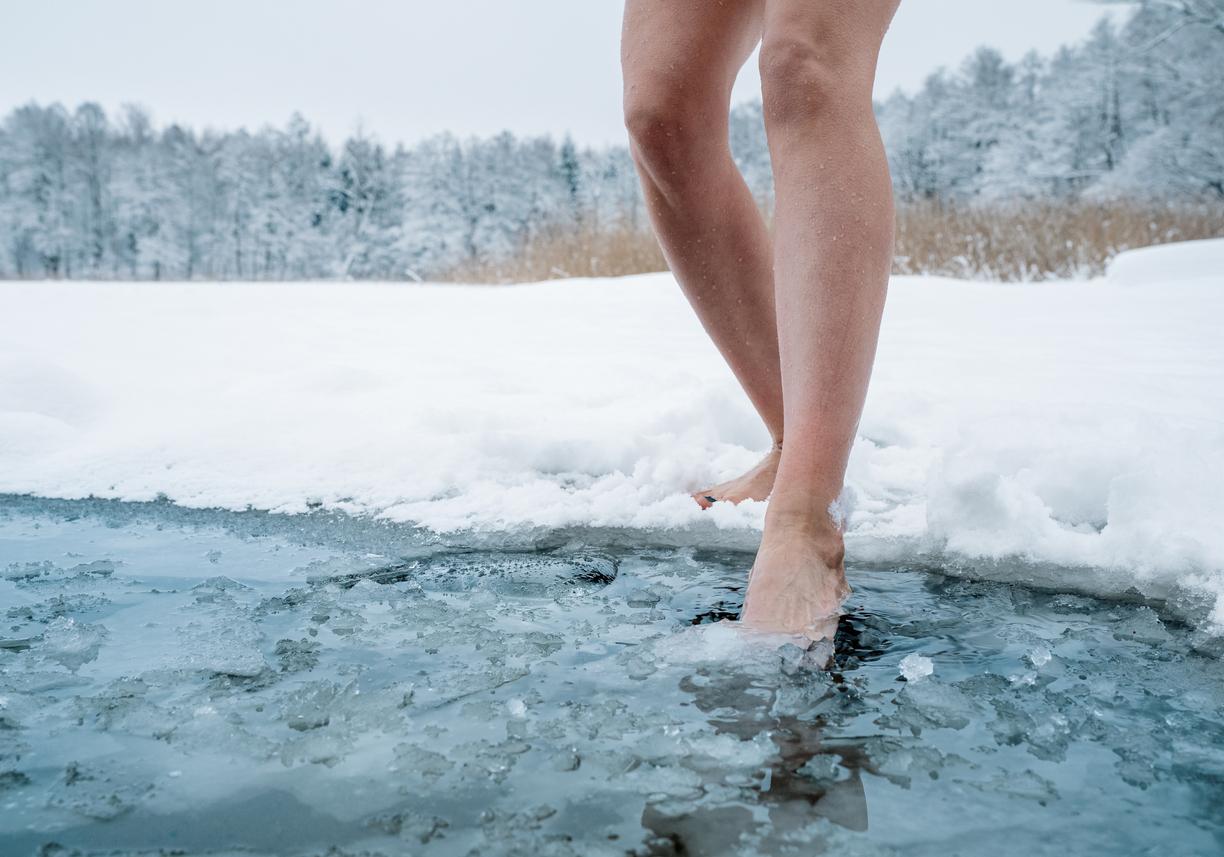
- Diving into freezing water can bring some benefits to the body, especially after a sports session.
- “Immersion can help target affected muscle areas and prevent late-onset muscle soreness that usually occurs within 24 hours of exercise,” says a specialist.
- While some people are not sensitive to the cold and can stay immersed for a long time in water between 10°C and 15°C, the professor recommends not extending the activity for more than 10 to 15 minutes.
“No amount of time spent in an ice bath alone can heal the body”, Rui Li advances straight away, associate clinical professor and director of the exercise science program at Northeastern University. However, diving into freezing water can bring some benefits to the body, especially after a sports session.
Muscle pain: relieve inflammation with cold
Soaking in ice water after a workout brings benefits “mainly associated with the anti-inflammatory process”, says the specialist. “Immersion can help target affected muscle areas and prevent late-onset muscle soreness that typically occurs within 24 hours of exercise.” But we must not neglect other recovery methods which are quality sleep, a balanced diet and stretching after the session.
How long is it safe to stay in freezing water?
While some people are not sensitive to the cold and can stay immersed for a long time in water between 10°C and 15°C, the professor recommends not extending the activity for more than 10 to 15 minutes.
“When the body is exposed to cold temperatures, a physiological reaction occurs. Blood vessels constrict, reducing blood flow to the skin and redirecting it to vital organs to keep the body functioning. The cardiovascular system goes into overdrive trying to warm up, causing shivering.” Some research show that getting out of the water increases blood flow throughout the body, leading to better muscle recovery. But not only! The body also releases stress hormones that elevate heart rate and breathing. “This can be dangerous for some people, especially those with cardiovascular and pulmonary conditions, meaning their heart rate and breathing will not respond properly to cold stress.”









